Employees in scrubs talk next to the ambulance entrance at Providence Regional Medical Center in Everett, Washington, on Jan. 21, 2020. (Lindsey Wasson/Reuters)
Early US Coronavirus Patients Have Fully Recovered: Health Officials
Patients across the United States who earlier tested positive for the new coronavirus have fully recovered.
Maryland’s first three patients have fully recovered after becoming infected while on a cruise on the Nile River.
“I’m happy to report that the first three cases reported last Thursday have all been cleared to return back to their normal daily schedules,” Montgomery County Health Officer Dr. Travis Gayles said in a video update.
The trio included a couple in their 70s and another unrelated person in their 50s.
Health officials across the country have reported patients fully recovering. About four out of five patients don’t require hospitalization, according to data gleaned from cases around the world that’s been widely cited by U.S. health officials.
A Washington state resident who was the first person in the state to test positive for COVID-19, the disease the virus causes, “fully recovered” in late February, health officials said.
That man became infected after traveling to Wuhan, China, the epicenter of the new illness, in January. He was isolated at Providence Regional Medical Center in Everett on Jan. 21 and released into home isolation on Feb. 3.
“He is now considered fully recovered and free to go about his regular activities. We cannot thank him enough for his patience and cooperation throughout the entire process,” the Snohomish Health District said in a statement.
The Tulsa Health Department in Oklahoma said last week that the state’s first confirmed patient recovered from COVID-19.
The patient tested negative twice, “which is the indicator of recovery,” the department said in a statement.
Officials in California, Nebraska, Illinois, and Arizona have also reported patients recovering from COVID-19. Experts recommend staying home if sick and contacting your doctor or health authorities.
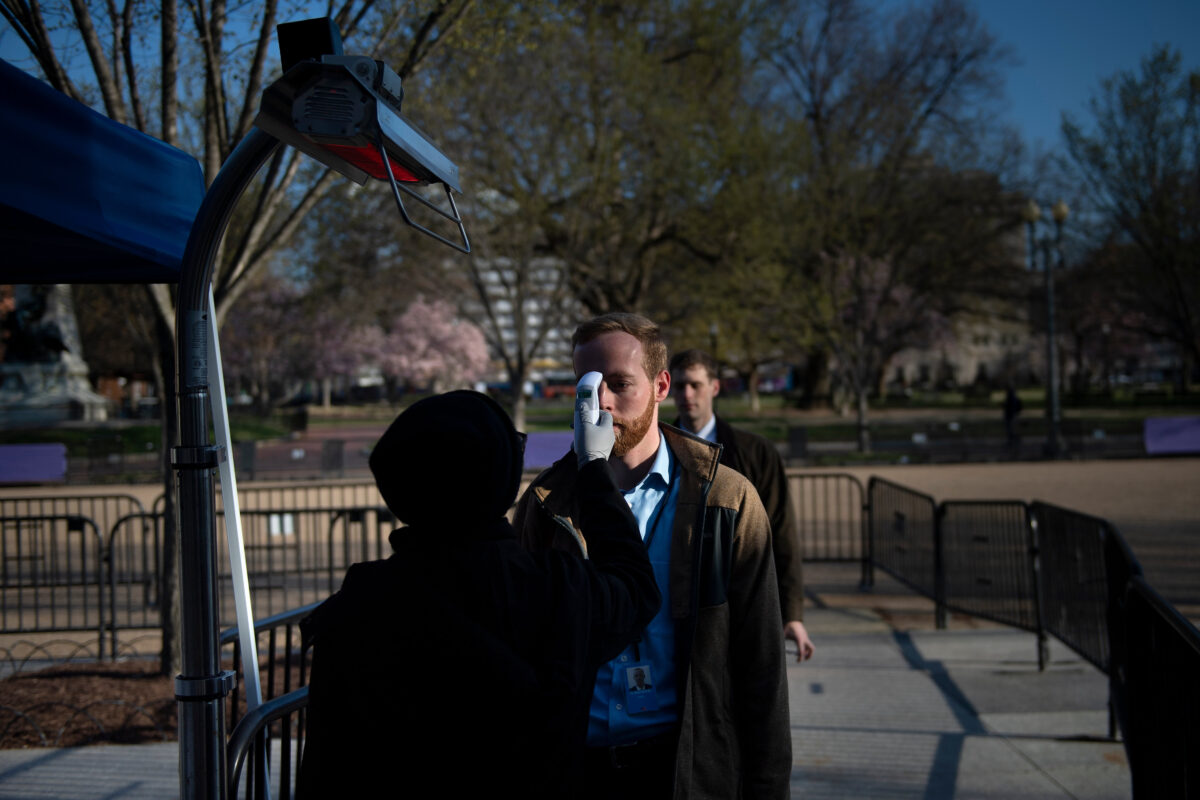
Elizabeth Schneider, who lives in Seattle in Washington state, told AFP that she tested positive but later recovered from the illness.
Schneider, 37, said she had an experience similar to the flu and that her symptoms subsided after several days with the help of over-the-counter flu medications.
International health officials have emphasized that many people who contract COVID-19 will eventually recover.
“Among those who are infected, most will recover,” the World Health Organization (WHO) director-general Tedros Adhanom Ghebreyesus told reporters last week.
Many of the patients in China have recovered and been discharged from hospitals, he said, though experts say the number of infected and deaths have been underreported by the Chinese Communist Party.
The WHO declared the outbreak of the new illness a pandemic earlier this month.
According to a website that tracks the number of infections and deaths worldwide, using data from WHO and other groups and agencies, more than 77,000 people around the world have recovered from COVID-19.
As of Monday, there were over 174,000 confirmed infections and over 6,700 deaths.
Most of the deaths have been among the elderly or those with underlying health conditions. The mortality rate is much higher for those groups, though the rate is still higher for nearly all age groups compared to the season flu.
Coronavirus Vaccine Trial Opens in US With First Doses
The first patients in a coronavirus vaccine trial in the United States received doses on March 16, about two weeks after recruitment for the study started.
Scientists at the Kaiser Permanente Washington Research Institute in Seattle jabbed Jennifer Haller, a 43-year-old mother of two who lives in Seattle, as several other volunteers waited in line.
“We all feel so helpless. This is an amazing opportunity for me to do something,” Haller told The Associated Press.
CORONAVIRUS SPECIAL COVERAGE
After the injection, she left the exam room with a big smile: “I’m feeling great.”
The injections marked the beginning of a series of studies in people needed to prove whether the shots are safe and could work. Even if the research goes well, a vaccine wouldn’t be available for widespread use for 12 to 18 months, said Dr. Anthony Fauci, director of the National Institute of Allergy and Infectious Diseases at the National Institutes of Health.
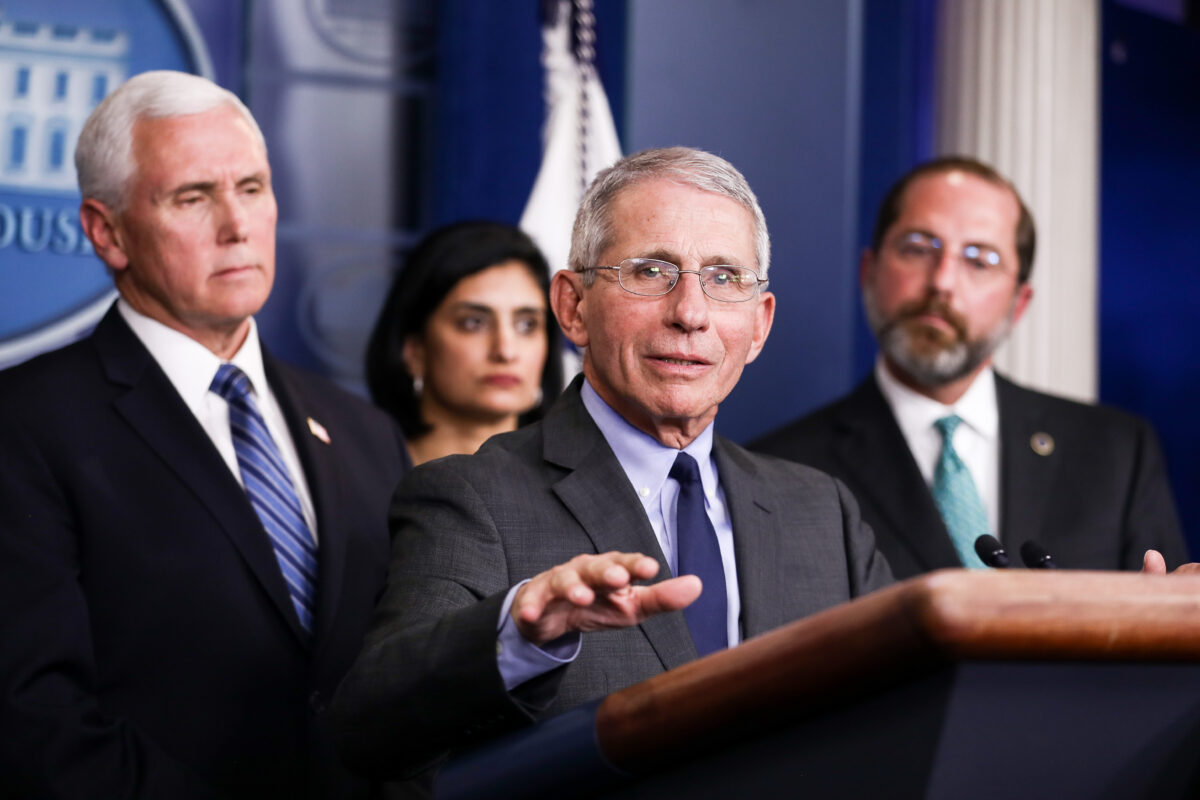
In a March 16 statement, he said that finding a safe and effective vaccine to block the SARS-CoV-2 virus, which started in China in 2019, “is an urgent health priority.”
The new trial launched in record time, Fauci said, calling it “an important first step toward achieving that goal.”
There are no vaccines for the new virus at this time. No proven treatments exist either, though a slew of drugs have shown effectiveness in some settings and are being tested by researchers.
The trial in Seattle is testing a vaccine called mRNA-1273 developed by National Institute of Allergy and Infectious Diseases scientists in collaboration with Moderna, a Massachusetts-based company. The vaccine uses a genetic platform called messenger RNA to direct the body’s cells to express a virus protein that is hoped to elicit a robust immune response.
The vaccine doesn’t contain the coronavirus itself.
“We don’t know whether this vaccine will induce an immune response, or whether it will be safe. That’s why we’re doing a trial,” Dr. Lisa Jackson, a senior Kaiser investigator who’s leading the study, told The Associated Press. “It’s not at the stage where it would be possible or prudent to give it to the general population.”
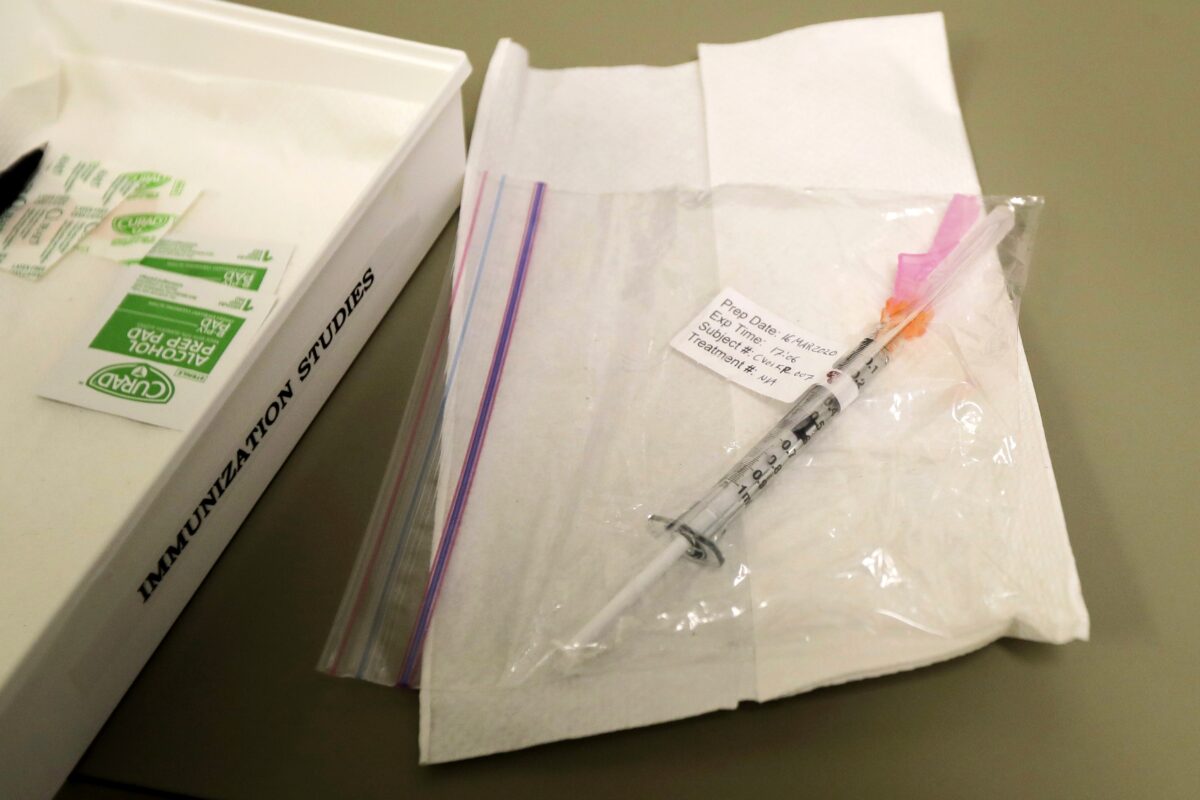
The vaccine has shown promise in animal models. The trial is the first to examine it in humans, the agency said. Prior studies on vaccines for related coronaviruses, such as SARS and MERS, contributed to the quick start of a trial.
The 45 participants, aged 18 to 55, will receive two doses of the vaccine via injection in the arm approximately 28 days apart. They’ll be examined at intervals across a year after the second shot.
“This work is critical to national efforts to respond to the threat of this emerging virus,” Jackson said.
Jackson said her team’s mood was “subdued” after working around the clock to prepare for the start of the trial but called the short timeline, around two months, in getting a vaccine to trial unprecedented.
If the vaccine proves effective in the phase-one trial, a much wider population will be tested in a phase-two trial.
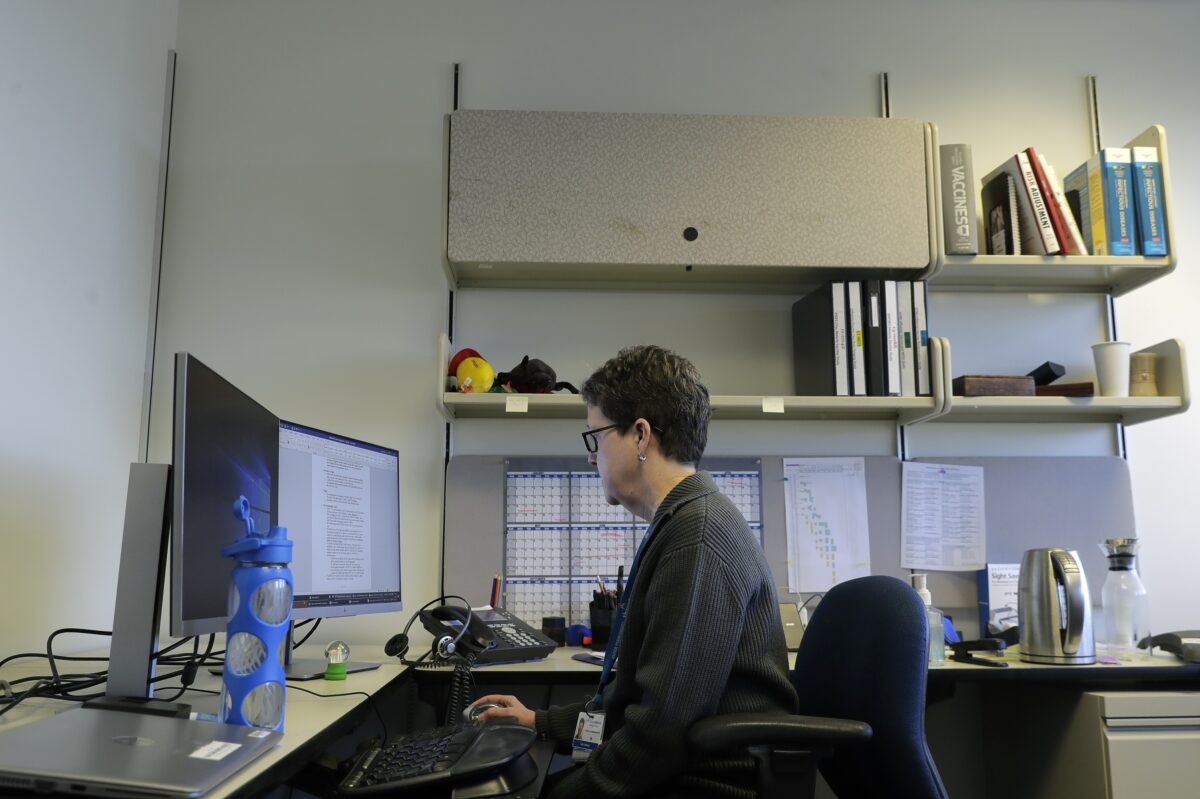
Other vaccines are in the pipeline. Dozens of research groups around the world are racing to create a vaccine against COVID-19. Another candidate, made by Inovio Pharmaceuticals, is expected to begin its own safety study—in the United States, China, and South Korea—next month.
Because vaccines are given to millions of healthy people, it takes time to test them in large enough numbers to spot an uncommon side effect, said Dr. Nelson Michael of the Walter Reed Army Institute of Research, which is developing a different vaccine candidate.
“The science can go very quickly but, first, do no harm, right?” he told reporters last week.
The Seattle experiment began days after the World Health Organization declared the new virus outbreak a pandemic because of its rapid global spread, infecting more than 169,000 people and killing more than 6,500.
COVID-19 has upended the world’s social and economic fabric since the first case emerged in the Chinese city of Wuhan in late 2019, with regions shuttering schools and businesses, restricting travel, canceling entertainment and sporting events, and encouraging people to stay away from each other.
The Associated Press contributed to this report.
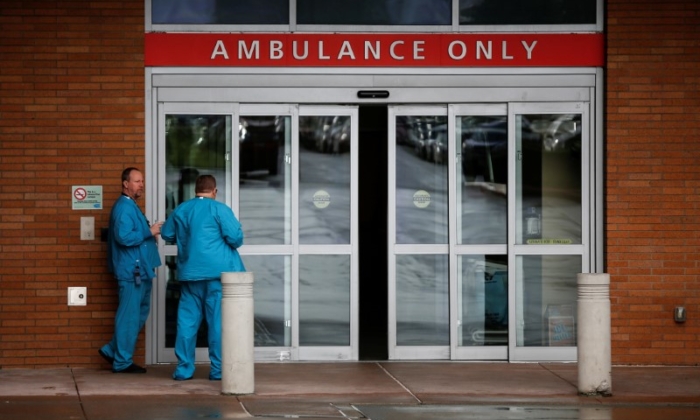
No comments:
Post a Comment